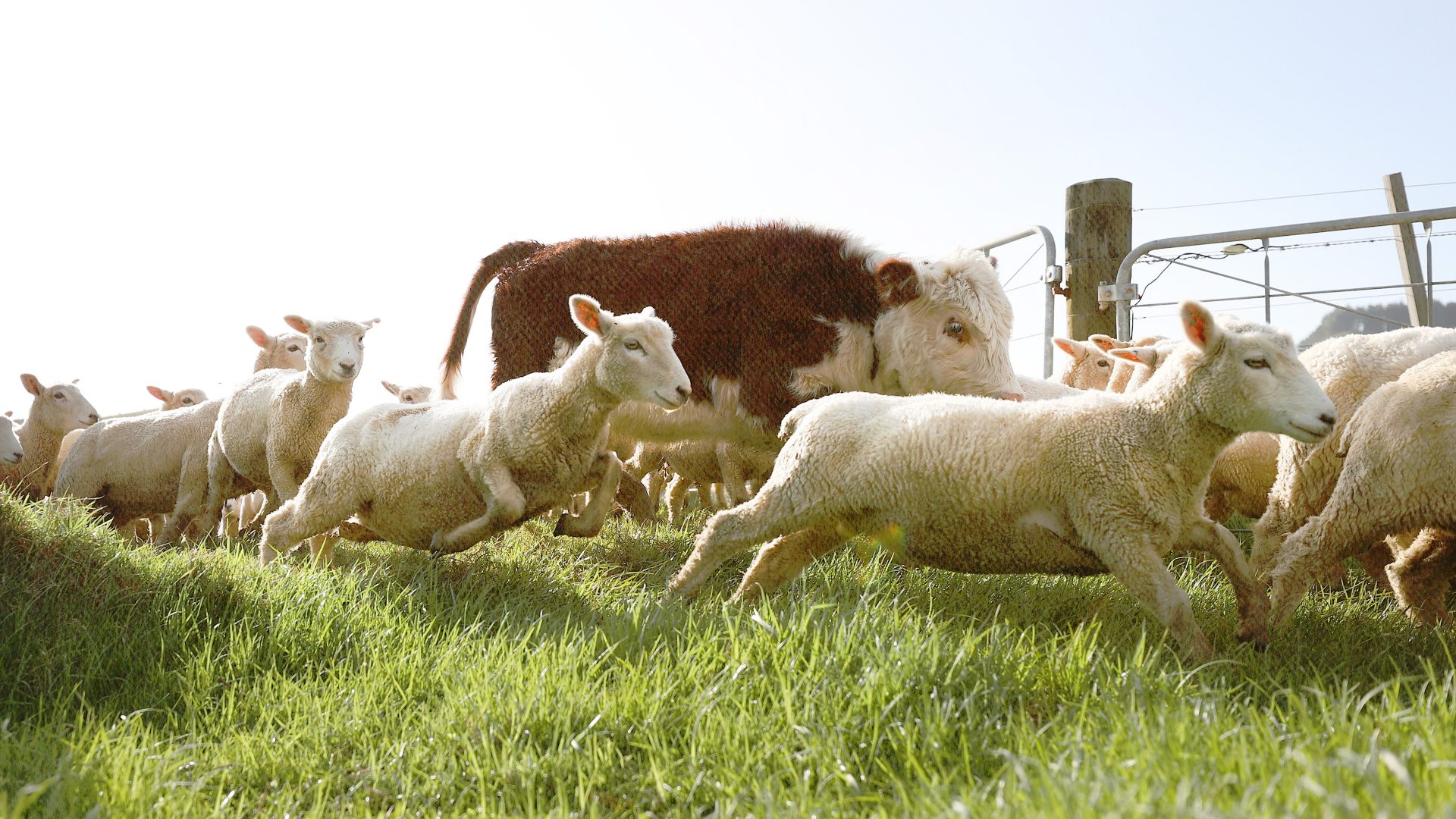This year has already got off to a flier. We’ve had John Cooper Clarke reveal that, on a Sunday, his French wife cooks him a roast chicken accompanied by 60 cloves of garlic. That’s 20 more than the famous French dish, poulet aux 40 gousses d’ail, and might be considered – if you’ll spare me this early indulgence – a poetic approach to gastronomy.
We have also seen a man from Yorkshire slip an AirTag into a £10 wheel of brie to capture a cheese thief who had been snatching dairy products from outside his restaurant. David Straker, who owns the William and Victoria wine bar in Harrogate, followed the location of his stolen cheese for three weeks before going to the police. Insert your own pun here.
And let’s take a moment to come to terms with the fact that it has taken almost 20 years to find out that Neil Young once cancelled his Glastonbury set after cutting his finger while making a ham sandwich. The Canadian genius was booked to play in 1997, but said: “I’d have eaten the thing [the sandwich] in one piece if I’d known that cutting it in half would jeopardise the tour.”
Chicken, cheese, pork. Three ingredients I intend to enjoy in 2025, just as I have in previous years.
Will I be partaking in Veganuary? No. Do I think it is a posturing, ludicrous and reductive pastime, one that reduces a supposed global effort to care more about animals, the environment and our health into a fad? Probably. But then I wouldn’t think about it to such a degree. I don’t care whether you’re doing Dry January either.
What I should like to do instead is to take the opportunity to cheer on Regenuary, which asks people to spend the month eating produce from regenerative farms, which try to reverse the damage done to the environment by the industrial food system. The movement has grown since 2020 after it started life as a social media campaign by Farshad Kazemian and Glen Burrows, who founded a group called the Ethical Butcher.
Their first post gained one million clicks and today the idea is starting to go mainstream. It also led to staunch vegans telling them to “die of cancer” and that they were “c***s”. Today I’d suggest the militancy of past years has been replaced with a collective view to try to save our dying planet.
Burrows told me once: “I was walking around London and seeing all these Veganuary posters from places like KFC, Subway, and Pizza Hut. These big companies are jumping on the bandwagon, but simply going ‘plant-based’ and seeing the issue in black and white is lacking in nuance.
“Big manufacturers are replacing factory-farmed meat with processed vegan food, which is not solving a problem, it’s shifting it somewhere else. Eating avocados on toast and drinking almond milk won’t save the world. These monoculture [single crop-growing] vegan products aren’t sustainable. It’s about being holistic rather than reductionist. Nature wants lots of things to grow.”
Regenuary is all about shining a light on regenerative farming and is backed by farmers, chefs and food suppliers who see animal consumption as part of a sustainable future. The idea behind Regenuary is not to champion a restrictive, plant-based diet, but to ask shoppers (who can afford it) to commit to sourcing food more responsibly – considering the locality and seasonality of produce and how the land is managed.
Regenerative agriculture is a method that aims to retain carbon in the soil. It works with nature, removing dated postwar farming techniques to ramp up food production and replacing them with a wilder, less intrusive approach.
For example, the Cornish farmer Matt Chatfield allows his sheep to roam freely, encouraging the growth of diverse plants and grasses. He also integrates cows and sheep, whose natural behaviours complement each other, enriching the soil and ecosystem. This holistic method embodies farming as nature intended.
Subject to the season, you can try his mutton, called Cul Yaw (from Cornish dialect), at the steakhouse Blacklock, which is about to open in Manchester and has numerous sites in London.
More farms are switching to regenerative practices all the time, from Hill Farm in Cheshire to Romshed in Kent. It isn’t just meat: Flourish Produce near Cambridge is operating with a similar approach but with fruit and veg, and no doubt you’ve heard of Devon powerhouse Riverford?
I must concede: food produced through regenerative farms is more expensive than that which comes from factory farming. Most people in Britain are hardly flush.
But I hope those who have a bit of money spend a little time thinking about the food they eat this month – and beyond. Going vegan for a month won’t save the planet. Buying seasonal food, cutting air miles and buying from farms that look after nature could.




